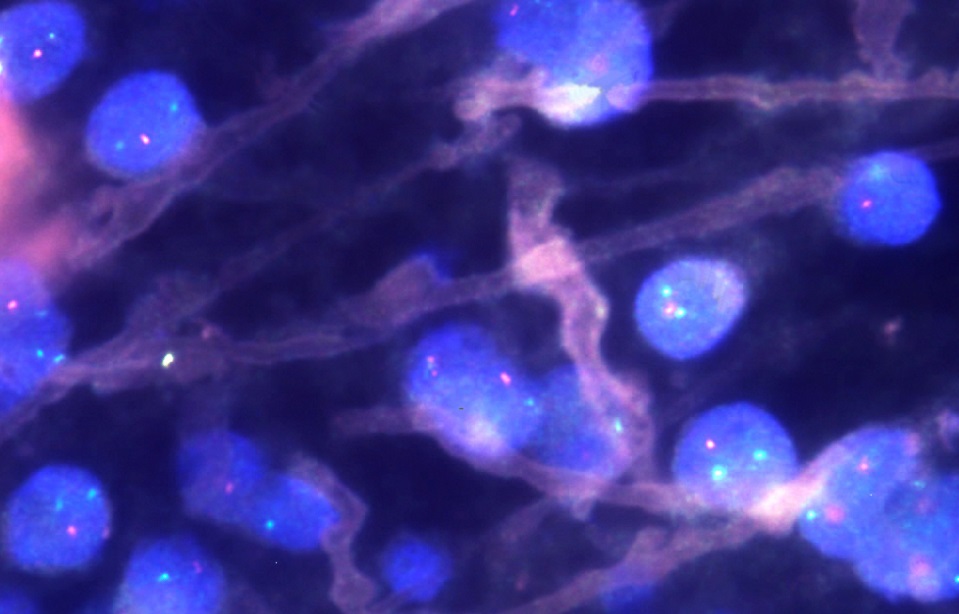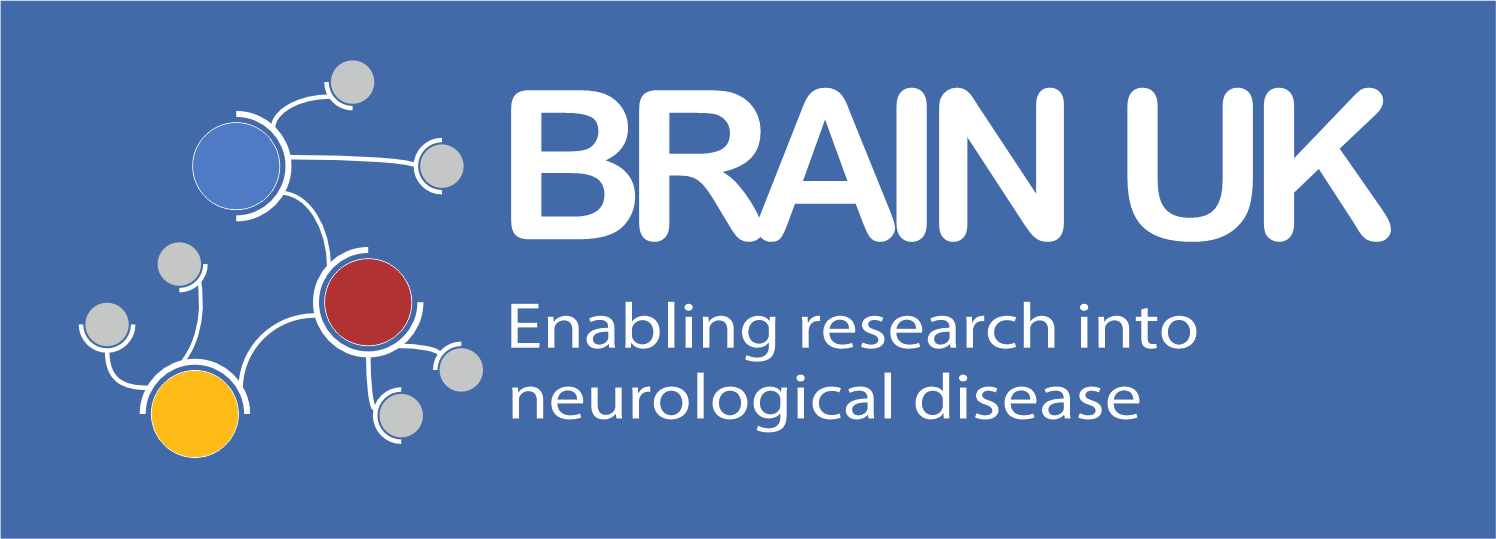
Brain UK study ref: 20/005,
Lay summary,
Project status: Active
Characterisation of the epigenetic changes induced by targeted radiotherapy for brain metastases
Prof Silvia Marino, Queen Mary University of London
In approximately 6% of all cancer patients the brain will be involved at some stage in their disease. Targeted radiotherapy is a common and effective treatment for many types of brain tumour, both those starting in the brain (a primary brain tumour) and those that spread to the brain (a secondary brain tumour). However, radiotherapy can have some serious side-effects, including tiredness, headaches, cognitive impairment and even the development of secondary tumours. Therefore, it is important that we try to understand what makes the brain susceptible to the side-effects of radiotherapy, as well as to attempt to identify strategies that may be able to protect normal brain tissue during radiotherapy. However, little is known about the mechanisms that cause these side effects.
Epigenetics is the study of changes that occur in cells caused by the modification of the way the gene expresses itself rather than alteration of the genetic code itself. Every cell in your body has the same DNA, but every cell does not express each gene equally. This results in different cells with very different functions. We know that epigenetic alterations play a role in almost all disease processes. However, there has been very little description of the epigenetic changes that occur after radiotherapy in the human brain. This project will investigate the epigenetic changes in normal human brain tissue that has been subjected to radiotherapy for the treatment of brain metastases. We hope this will help us to understand how radiation harms the human brain, and provide clues that in the future will enable the development of drugs that protect the brain from being damaged by radiotherapy, or help identify patients who are at a high risk of developing radiation side-effects.
